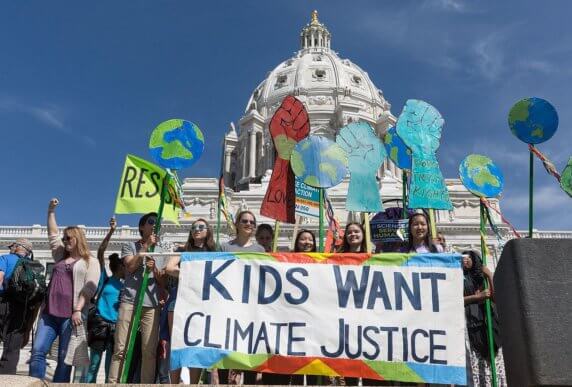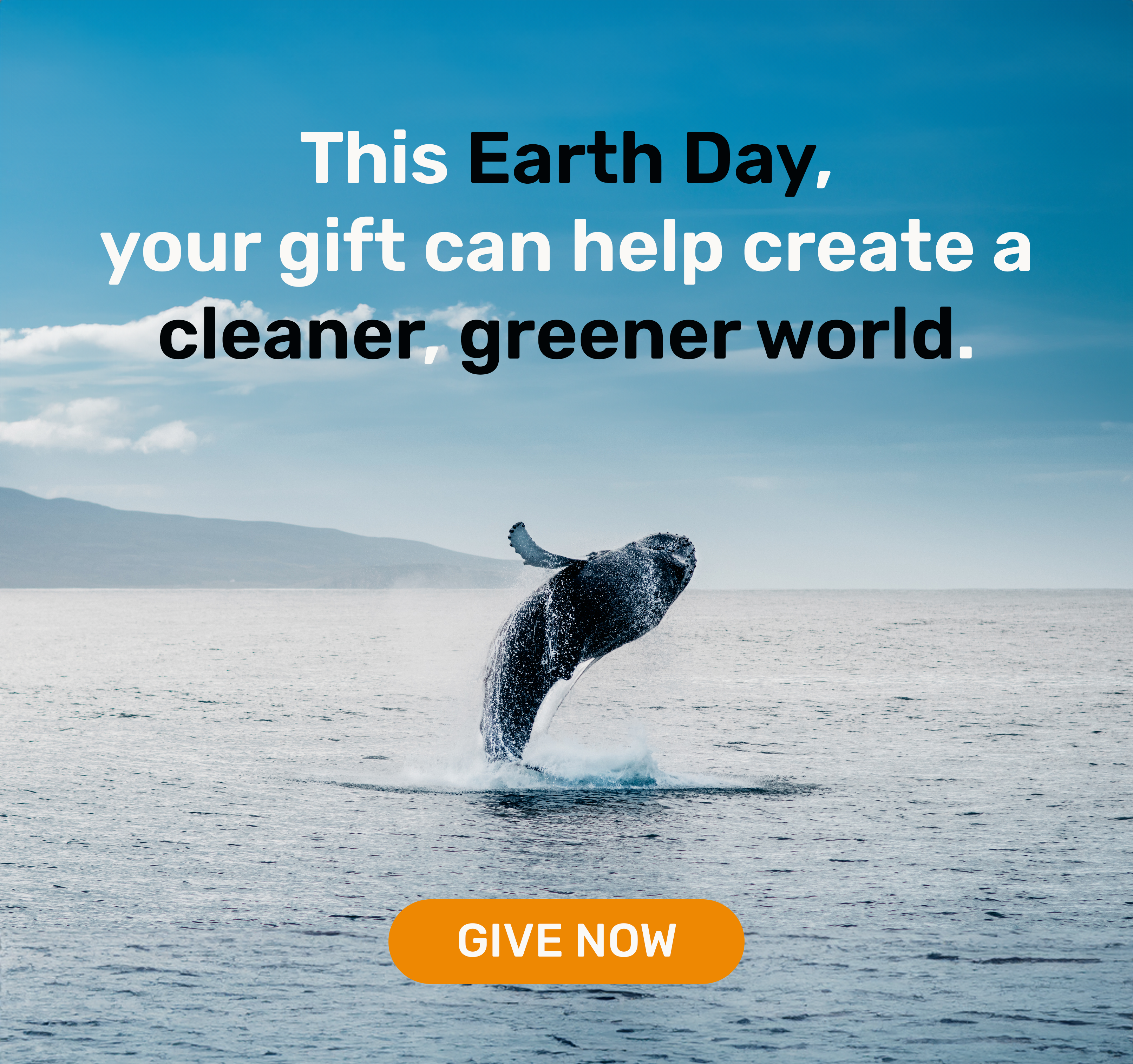I’m Grateful Children Are Using Courts to Challenge Climate Change
“The arc of the moral universe is long, but it bends toward justice.”
There are days when I find myself doubting the truth of that wisdom, popularized by Martin Luther King Jr. But a distinguishing characteristic of environmentalists is our persistent optimism that we can overcome even the largest obstacles and persevere.
And there’s a lot I’m feeling grateful for right now:
- In a surprise development, some courts are starting to side with children who are using a novel, nay radical, legal theory to argue that governments must do more to protect them from the harms caused by greenhouse gas emissions. The youths are asserting the ancient common law doctrine that governments have a duty to protect natural resources as part of the “public trust.” Classically, public trust resources include rivers and lakes and forests; adding the atmosphere as a public trust is what’s new.
- As we head in to the world’s climate summit in Paris, this round of talks has been preceded by a slew of important steps by major nations to build momentum. The United Kingdom announced a complete phase-out of coal over the next decade. The United States put in place a nationwide Clean Power Plan; killed the XL Keystone pipeline; and signed a bilateral agreement with the world’s other largest greenhouse gas emitter, China, to cut carbon emissions. The Organization for Economic Cooperation and Development (OECD), an umbrella group of most of the world’s developed nations, agreed this month to restrict their financing of coal plants in other countries, which has been a major driver of wrongheaded coal plant construction in developing nations. And the government of Norway, owner of the world’s largest sovereign wealth fund, decided to sell of its coal-related investments.
- The international community of nations recognized the uniqueness and fragility of Arctic oceans and seas, enacting this year a new set of protections to regulate marine transportation and its impacts on whales and other marine mammals and the coastal communities of Alaska, Russia, and other Arctic nations. (I’m particularly proud that Pacific Environment helped include a provision requiring sea captains to avoid marine mammals.)
None of these events I’m grateful for would have occurred without the optimism and activism of people like you.
In every instance, the national action described above followed years of steady, hard-driving, persistent, strategically applied pressure by non-governmental organizations and grassroots activists.
Thank you to all who stood with us and our allies and community partners in 2015.




